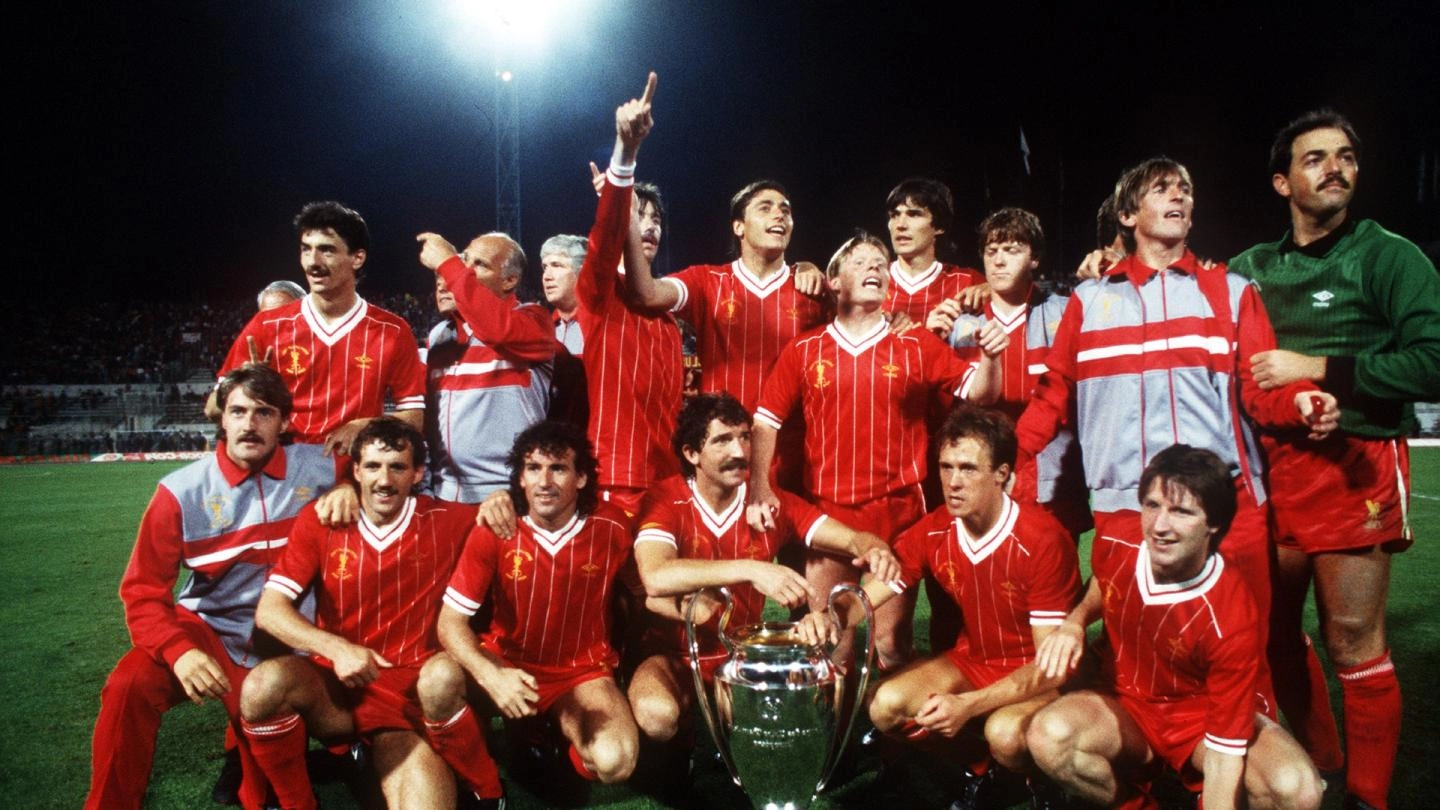On This DayClassic Match: 'I don't know what it is, but I love it' – the story of Rome 1984
Liverpool have recorded some remarkable European wins down the years, but few can compare to the day Joe Fagan’s gladiators conquered Rome in 1984.
Having lifted their first European Cup in the Eternal City seven years previously, beating Borussia Monchengladbach, the Reds returned to the Italian capital looking to clinch their fourth crown, and complete a superb treble in the process.
Fagan’s side had already secured the league championship – their third in a row – and had defeated local rivals Everton to clinch a fourth successive League Cup.
So, when they saw off Romanian champions Dinamo Bucharest in a tight, ill-tempered European Cup semi-final, they were confident of reaffirming their status as the continent’s finest team.
Liverpool’s task, however, was a daunting one. Standing in their way were Italian champions AS Roma, who would have home advantage for the final.
Stadio Olimpico had been turned into a sea of red in 1977, but it was anything but welcoming on May 30, 1984.
You have to accept cookies in order to view this content on our site.
Watch on YouTubeHome fans, eager to see their side crowned kings of Europe in their own backyard, began arriving hours before kick-off, creating an intimidating atmosphere that, for lesser sides, might have been too much to handle.
Fagan’s Liverpool, though, were a different proposition. Five of their starting XI had won the European Cup before, and a legendary ‘training camp’ in Tel Aviv had ensured any tension ahead of the final had been well and truly extinguished.
After a typically short team-talk – ‘these must be good, but they can’t be as good as us…’ was the gist, according to those present – Fagan’s players were in a relaxed mood as they made their way into the tunnel.
Recollections differ as to exactly who started the singing off, but by the time the two sides were lined up to enter the pitch, a chorus of Chris Rea’s hit I Don’t Know What It Is But I Love It was ringing out from those in red.
‘I don’t know what it is but I love it…
‘I don’t know what it is but I want it to stay…’
“It was just one of those spontaneous things really,” remembers defender Mark Lawrenson. “The Roma players must have thought we were off our heads!”
Liverpool’s composure spread to the pitch. Phil Neal gave them the lead after 15 minutes, prodding home when Roma goalkeeper Franco Tancredi spilled a deep cross into the box, while captain Graeme Souness, playing his last game for the club before a summer move to Sampdoria, was immense in midfield.
“You don’t get the likes of Graeme Souness anymore,” Lawrenson says. “I think he gave perhaps his greatest performance in that game.”
Roma, though, were an accomplished team themselves, with Brazilian duo Paulo Roberto Falcao and Toninho Cerezo patrolling midfield and Italian World Cup winners Bruno Conti and Francesco Graziani in attack.
And Nils Liedholm’s side equalised before half-time as Roberto Pruzzo headed home.
A tense, scoreless second half was followed by an equally cagey period of extra-time, in which neither team could find the breakthrough.
And so to penalties. Substitute Steve Nicol went up first for Liverpool but blazed his effort over the crossbar, with Roma captain Agostino Di Bartolomei converting for the Italians.
Neal got Liverpool off the mark before Conti, perhaps spooked by the goalline antics of Liverpool goalkeeper Bruce Grobbelaar, missed the target with his kick to even things up.
Both Souness and Ian Rush netted for Liverpool, with Ubaldo Righetti doing so for Roma, but when Graziani stepped up for the ‘home’ side, Grobbelaar was determined to make his presence felt.
“Fagan said to me before the penalty shootout [to] try to put them off,” he recalls “When I saw Graziani crossing himself four times I tried to do something different.
“I bit the net. Spaghetti is hard until you put it in water and then it starts to boil and that's what I did, totally spontaneously.”
Grobbelaar’s ‘spaghetti legs’ did the trick, Graziani firing his penalty against the bar to give Liverpool the chance to win it with their fifth and final kick.
The responsibility fell to left-back Alan Kennedy, who had been the Reds’ match-winner in the 1981 final against Real Madrid in Paris but who was a surprise choice as fifth taker.
“My record on penalties was not very good,” Kennedy says. “We’d practised the week before and we were absolutely abysmal. How Joe Fagan picked me, no-one knows!”
Kennedy, though, kept his cool admirably to side-foot home and leave, in the words of ITV commentator Brian Moore, “Rome distraught and Merseyside jubilant…”
Souness, fittingly, would lift the trophy, the Scot having guided the Reds back to the top of European football in his final game for the club.
Behind the captain, seasoned performers such as Kennedy, Neal, Kenny Dalglish, Alan Hansen and Sammy Lee could celebrate yet another continental triumph, while the likes of Grobbelaar, Lawrenson, Nicol, Rush, Craig Johnston, Ronnie Whelan and Michael Robinson could revel in their first.
“It was some occasion,” Lawrenson says. “You probably don’t appreciate it at the time, but looking back you do.
“Beating a team in front of their own fans in a European Cup final? It’s some achievement, isn’t it?”
